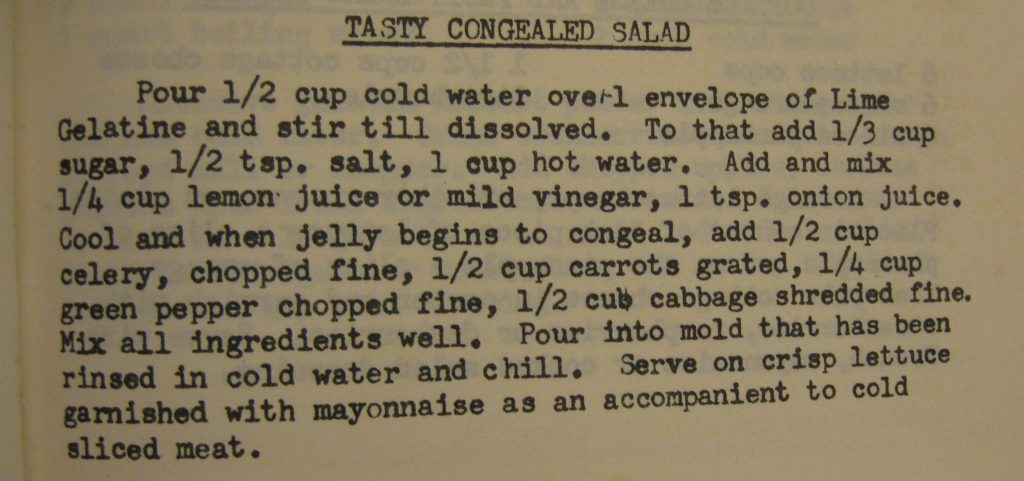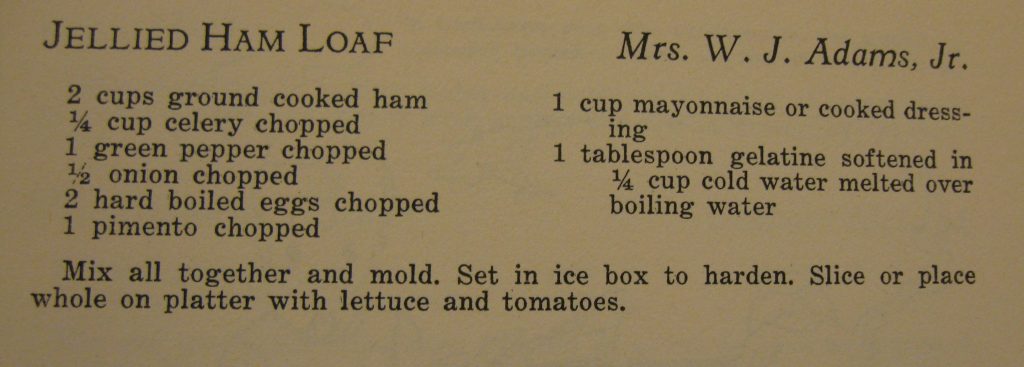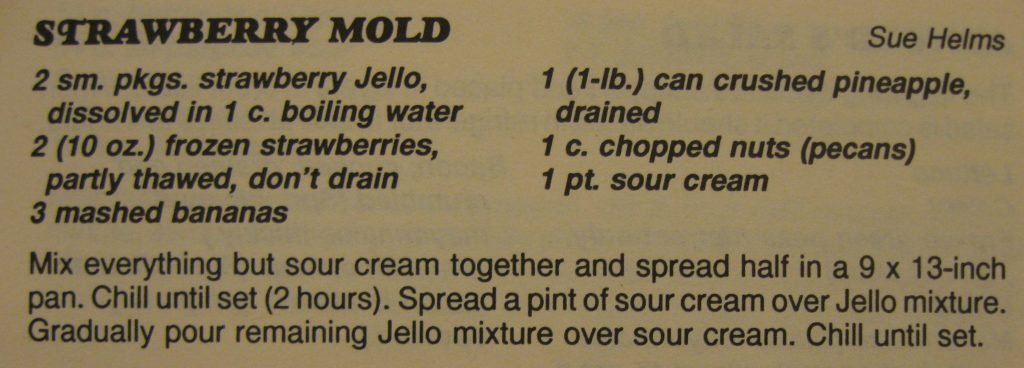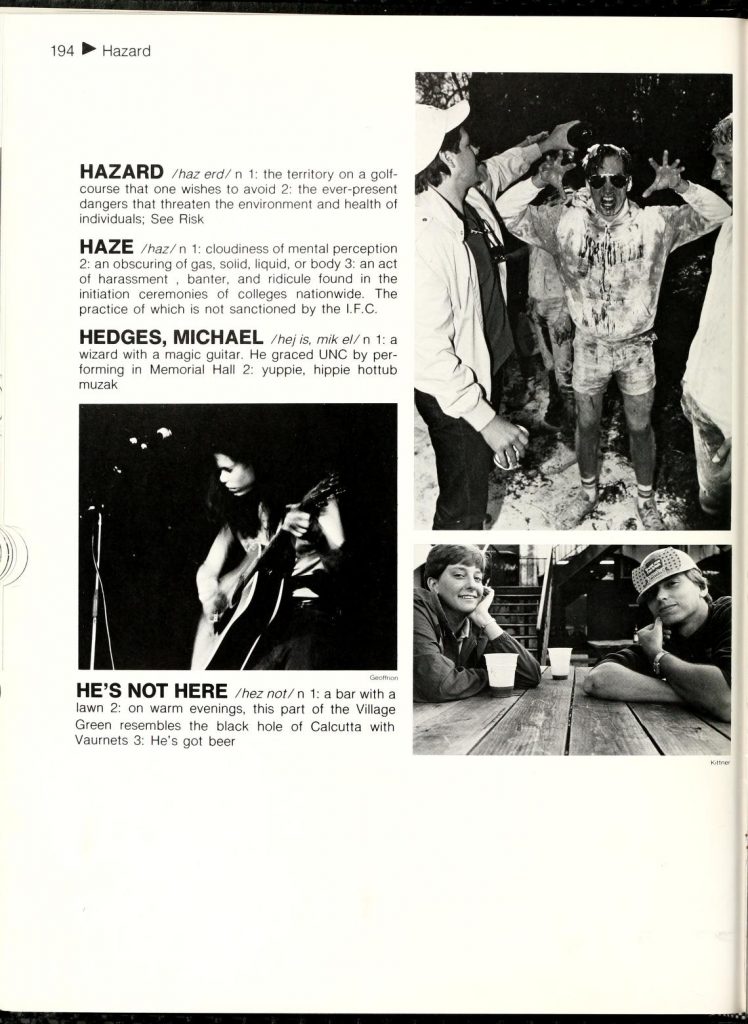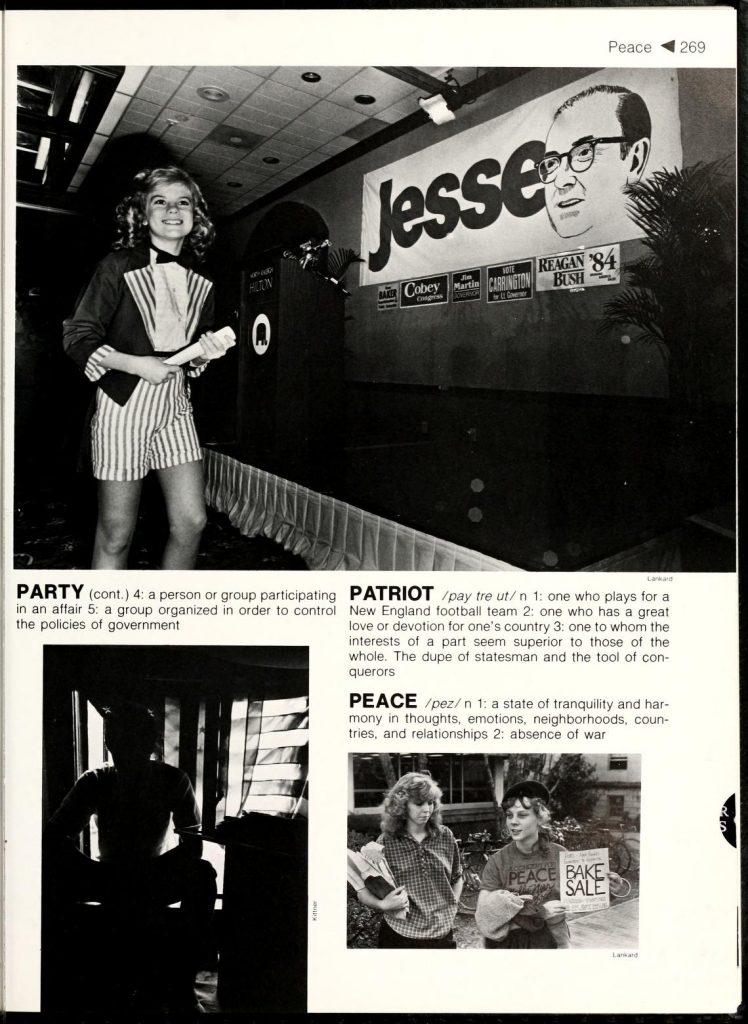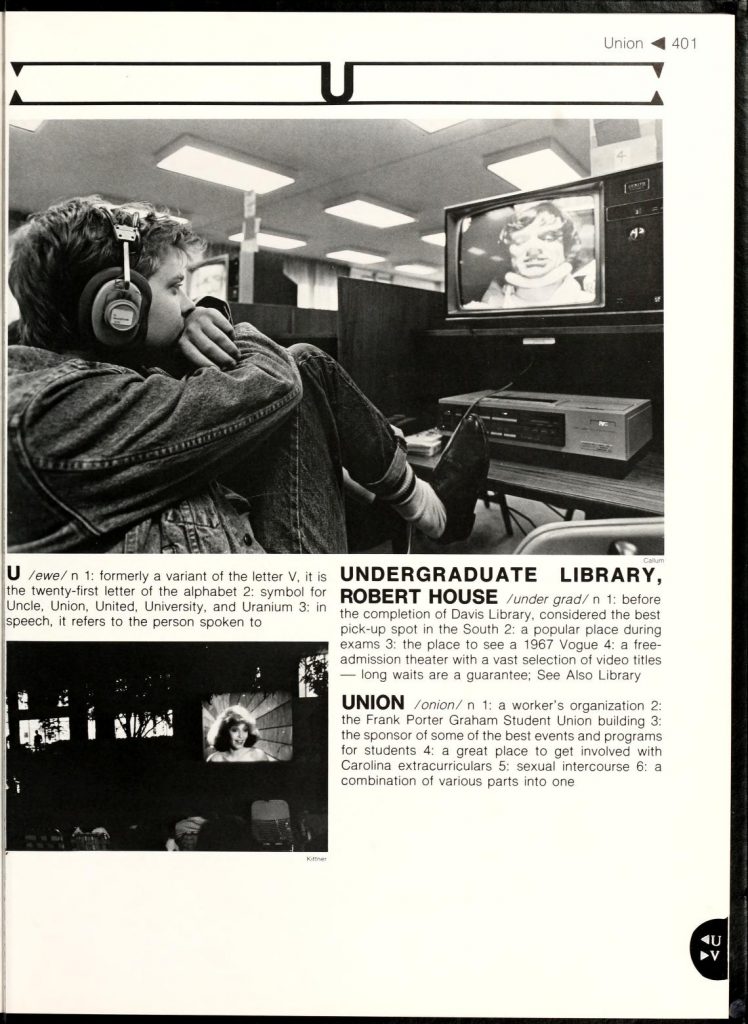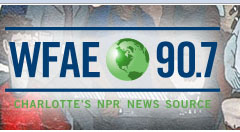Say about us what you will, Democratic conventioneers — as already recalled here and here, we’re no novices in civic disparagement:
“If you all think dealing with Charlotte is difficult from up here, try being one of their neighbors.”
— Rep. Drew Saunders of Huntersville, enlisting legislative sympathy for his bill to thwart Charlotte’s road-widening plans. (2005)
“I happen to love Charlotte, which may edge out Dallas and Atlanta as home to the purest strain ever discovered of the Southern booster gene.”
— Peter Applebome, author of “Dixie Rising,” mentioning us in the very same sentence as Dallas and Atlanta! (1994)
“North Carolina, that is.”
— First Lady Laura Bush, in a White House ceremony honoring the Museum of the New South, clarifying the location of “Charlotte.” (2006)
“It was either us or a monster truck show.”
— Bette Midler at Blockbuster Pavilion, summing up the evening’s entertainment options. (1994)
“Like Mary Ann on ‘Gilligan’s Island’ trying to outshine the starlet Ginger.”
— Ruth Sheehan, News & Observer columnist, sighing over Raleigh’s failure to keep the CIAA basketball tournament from being wooed away by “Boosterville.” (2004)


